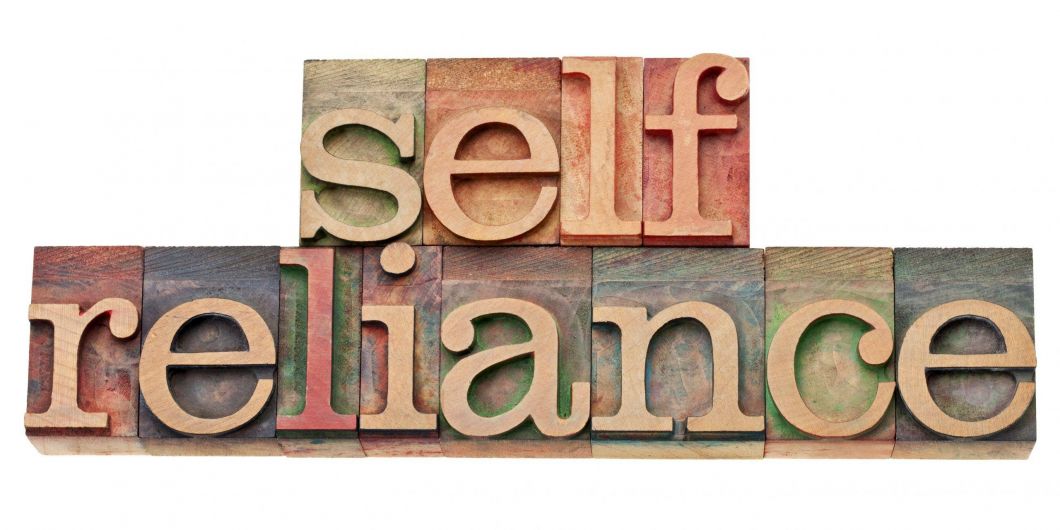Category Archives for "Mental Health"

Many people are fatigued in today’s stressed out, distracted society and find life in the rat race frustrating. Few of us know what it feels like to slow down and be deliberate about actions and thoughts. Meditation can help you regain control in your out-of-control world.
Physical health is intertwined with mental health in a bidirectional fashion. Scientific evidence shows that changes in thinking patterns and behaviours affect neurological, endocrine, and immune systems. Contrarily, disruption in these biological systems negatively impacts on your mental health.

If there is one thing we can all agree on, Mondays are the worst! Right? Well, what if that didn't have to be the case? What if we could take a few easy steps and change our Monday's mindset, so they weren't that bad?
The following report includes nine powerful tips and three actionable steps you can take right away. It also includes a list of suggested readings for those looking for even more information to beat those blues.

If issues from the past are not dealt with, they can linger, fester, and adversely impact your day-to-day life. Overcoming past trauma is not always easy, but it’s something that you can do when you work with a therapist.

If you are one of those who commonly avoid tasks or specific situations, it could be for many reasons. But before you can work on solving or completing a job you’ve been putting off, it’s essential to narrow down what type of avoidance you are using to evade something in your life, so you can know how best to combat it.
If you’ve ever heard the phrase, “What you resist persists,” you have been introduced to the fundamental reason why your avoidance and how you cope can increase anxiety.

Like many of us, we have heard about mindfulness. I knew that it implied paying attention, opening our awareness to what is happening now, in the present moment, and accepting it without judging or trying to control it.
Mindfulness is unquestionably linked to breathing, yet we all know how to breathe because it is a natural phenomenon, and you would think it doesn't need the practice anyway?

Empathy is a natural human emotion, and it served our ancestors’ to thrive on being socially acceptable within society and sensitive to the needs of our offspring.
Now, anyone devoid of it strikes us as threatening or mentally ill. For example, the absence of empathy is often considered one of the distinctive features of narcissism and violent behaviour is also known for its lack of compassion.

The current understanding of the development of self involves an interaction between nature and nurture. We are born with certain characteristic elements that have been predetermined and embodied within our genes. Still, probably the more meaningful contribution to our adult character comes from life experiences, especially social experiences.
Exhibitionism occurs when a man gives way to an urge to expose his genitals to a female stranger or a person with whom he is not in a close relationship. It is an almost solely male disorder and is one of the most familiar forms of sexual deviation.
In a sexual context, exhibitionism is a sexual kink in which the person feels sexual arousal at the idea or reality of being seen naked or engaged in sexual activities by others,” says clinical sexologist Sarah Melancon, in the Cosmopolitan

One in four adults will struggle with a mental health issue during their lifetime. At work, those suffering — from clinical conditions or more minor ones — often hide it for fear that they may face discrimination from rivals or even bosses.
Managers are likely to see employees struggle with anxiety, depression, burnout, trauma, and post-traumatic stress disorder (PTSD).

The World Health Organization stated that "urban environments had been very commonly associated with higher rates of most mental health issues”

If you look up self-reliance in the dictionary, it will tell you that it means that you can follow your capabilities, judgment, or resources to be independent.
To do that, you’ll need to learn to accept responsibility for everything you do without depending on what someone else says, does or thinks.

Mindful Meditation is an excellent place to begin your journey into self-discovery. The quality of your thoughts determines the quality of your life. Meditation is one of the simplest ways to start practising mindfulness.

As we currently pass the first anniversary of the COVID-19 and then learn, there could be two more mutations possible, making it even more contagious even though the previous 12 months have been arduous for most of us. Who hasn’t felt anxious during this period?

One of the joys of mindfulness is that you can do it anywhere! You don’t need to sit in silence for hours, chant mantras, or even close your eyes.
Mindfulness means bringing your complete attention to the present, where you are right now, not distracted by memories of the past or anxieties about the future.

Their morning routines and rituals guide successful people. Night routines are just as essential and very much influence our days as well.
When we’re able to sleep well during the night, it will have a direct impact on our following day. When we are well-rested, we are healthier and productive and able to do all you had planned for that day.

You might listen to people talking about panic attacks and anxiety attacks like they’re the same thing.
However, this is when things start to get confusing because panic attacks are listed in the Diagnostic and Statistical Manual of Mental Disorders (DSM-5), whereas an anxiety attack isn’t.

If you have difficulty falling asleep, staying asleep, and waking up very early in the morning, you may have insomnia. It is not enough to close your eyes, and count sheep and hope you will eventually enter the world of snooze.